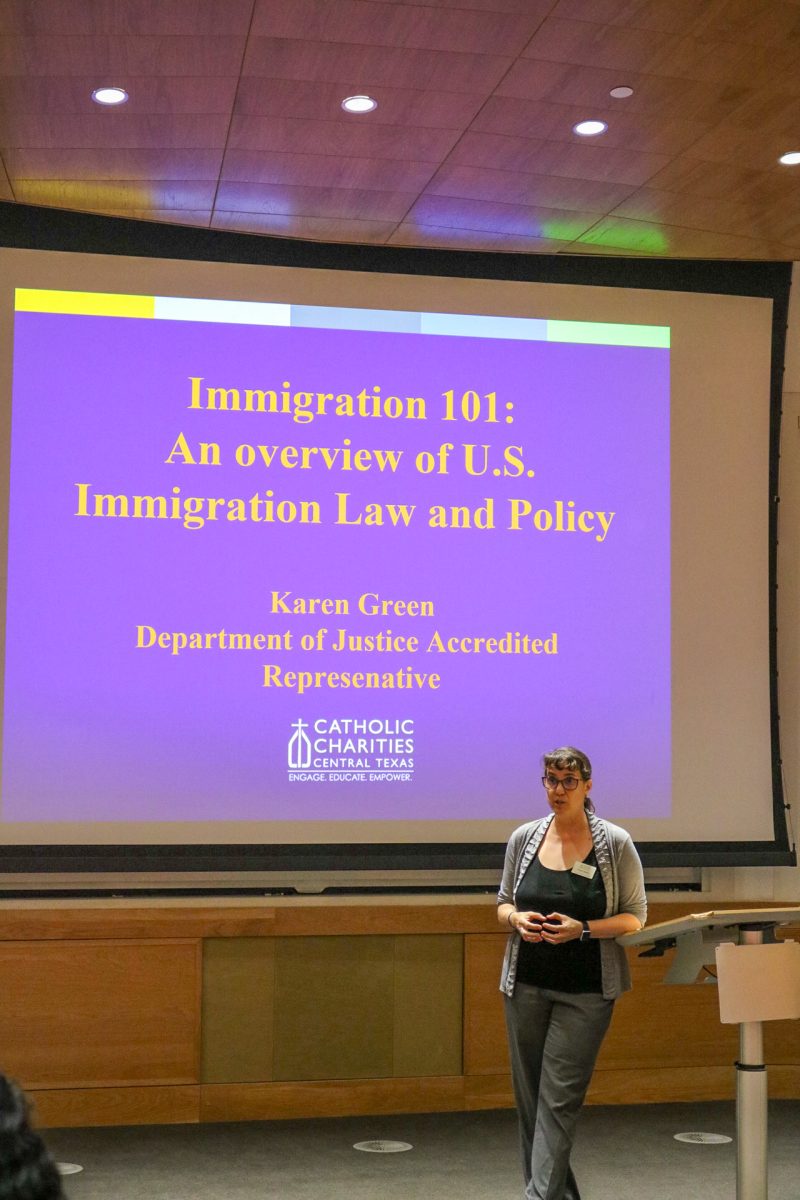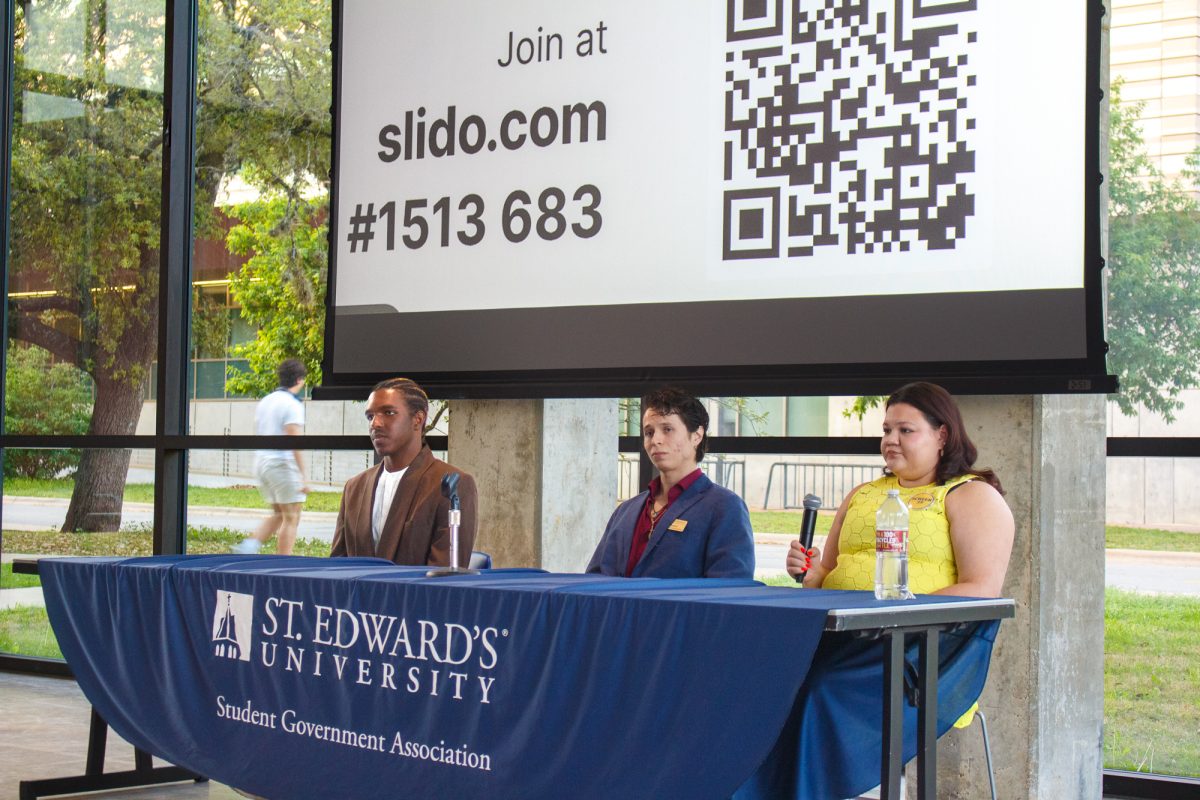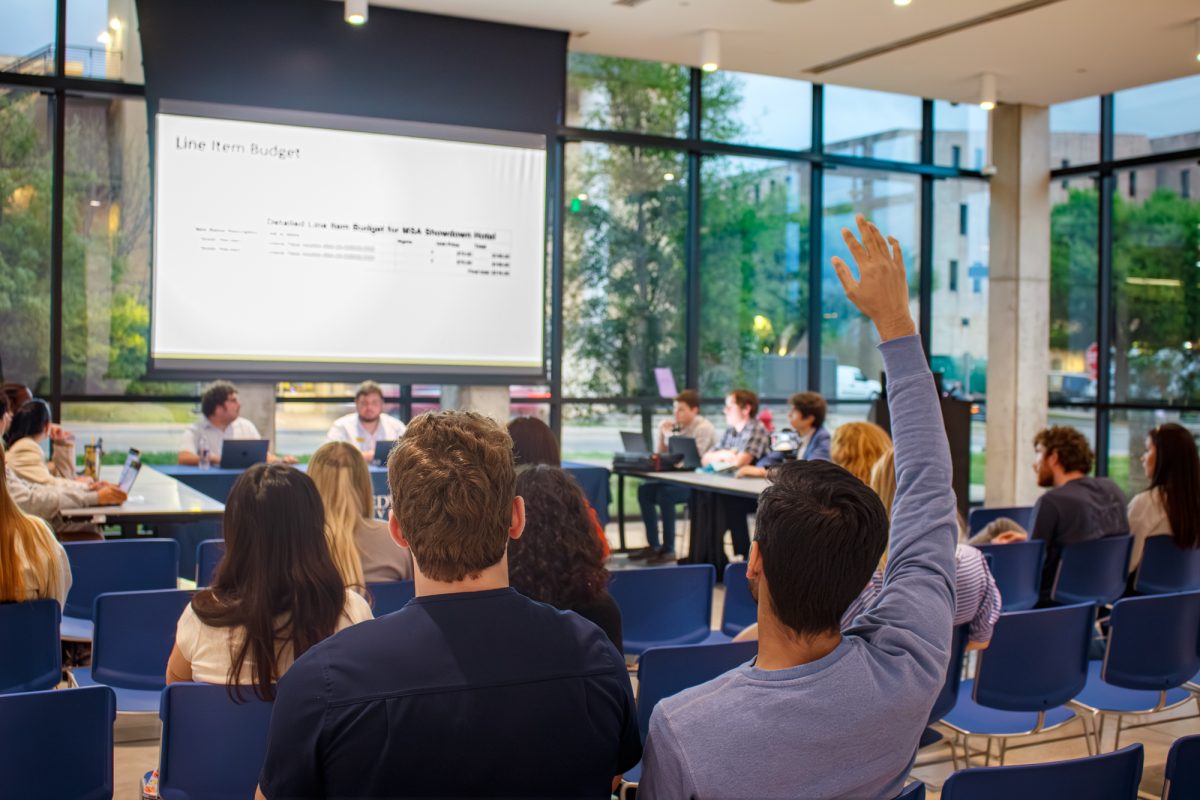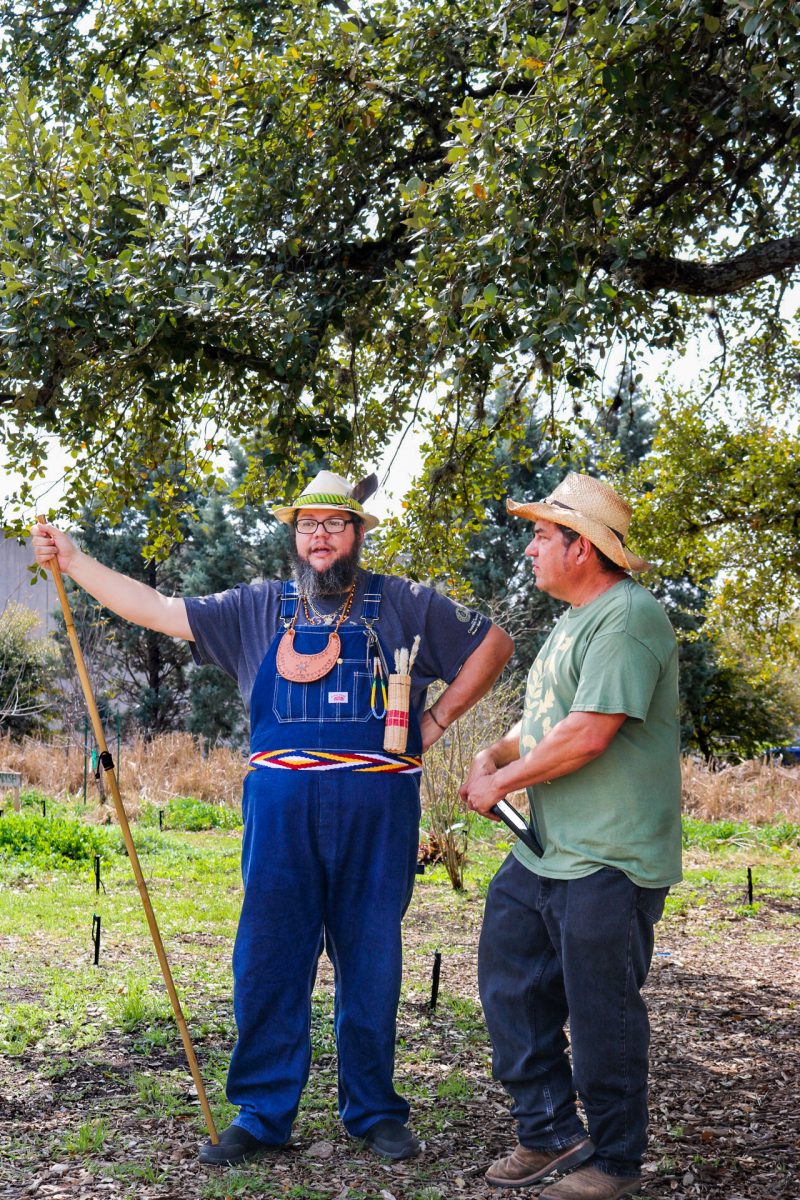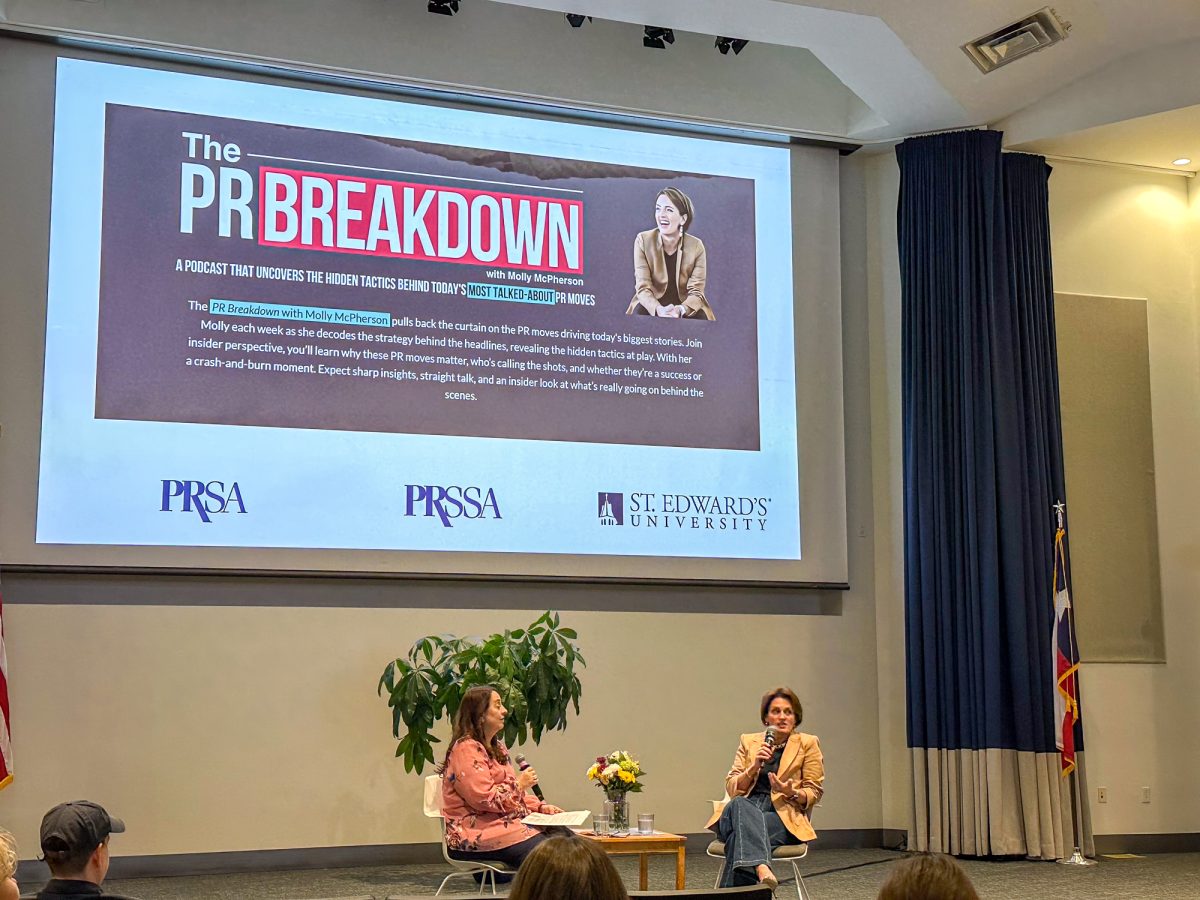Giorgia Meloni is the first woman in Italy to hold the position of President of the Council of Ministers, first elected in Oct. 2022 by President of the Republic Sergio Mattarella.
Born in Rome, she is a professional journalist who has been active in politics since the age of 15 – starting as a student and youth movement member.
Meloni was elected councillor of the province of Rome and leader of ‘Azione Giovani,’ the youth movement of the Alleanza Nazionale party. She became a member of Parliament for the first time at 29, and had the role of vice-president of the Chamber of Deputies during the XV Legislature. Meloni holds the record as the youngest minister in the Italian Republic — in 2008, she became Minister for Youth at the age of 31. On Dec. 21, 2012, Meloni founded ‘Fratelli d’Italia,’ the party’s national. During the XVII Legislature, she was the parliamentary group chair in the Chamber of Deputies. In 2020, she was elected president of the European Conservatives and Reformists Party, a political family that brings together more than 40 European Union (EU) and non-EU parties.
The President of the Council of Ministers occupies one of the most important positions in Italian politics. She is ultimately responsible for government policy, chairs meetings of the Council of Ministers (the Italian cabinet) and is vice-president of Italy’s Supreme Council of Defence. She also drives government action concerning EU policies, providing Parliament with information on all related initiatives and the government’s position on the specific issues involved.
After polling around 20 Italians on their opinion of Giorgia Meloni’s work, the results show a divided society: people under 35 years old are really critical of her work, while people over 35 years old have a more positive attitude. This is not a surprise, since the results of the 2022 Italian elections indicate how young people, especially between the ages of 18 and 34, are more likely to vote for left-wing candidates in contrast to the citizens over the age of 35, who lean towards right-wing candidates.
The poll demonstrates that the younger generations’ expectations have been met. They were expecting a huge step backwards, especially regarding human rights and citizen’s freedom, considering her politics are mostly based on violent communications, lies and an anti-European position in favor of an American one. Meloni reflects the idea of an old country still anchored to its past. Many believe that she carries forward fascist ideology.
Many people don’t agree with what she has done so far, starting with her first bill about measures to make raves illegal, which shows how she doesn’t prioritize the right issues of the country. Regarding the relationship with the U.S., the criticism does not end, and in fact gets worse. The younger demographic think it is shameful to have a connection with President Donald Trump, not only for a disagreement with his beliefs and politics, but because the American and Italian interests are not the same. Moreover, the preference of American relations instead of European ones can turn against the country since Italians are not sure it will have Trump’s support if problems arise.
On the other hand, the general opinion of people over 35 years old shows a stark difference. They recognize that it is not an easy role, and that she is handling the situation as well as she can. They agree with what Meloni has done so far, acknowledging the efforts made to improve the international role of Italy and fix the economy. The relationship with Trump is seen positively, as it can help the country play a central role in the coming geopolitical challenges. People see this collaboration as a way to bring advantages to Italy.
Surprisingly, the two generations agreed that Meloni has a great ability to debate, being charismatic and using her personality and skills effectively. Both demographics, however, mention that these positive aspects are not enough. Meloni is not really aware of the real problems and agenda of the country, and her ideological stance aggravates the situation: she’s overly conservative and against minorities.
People over 35 years old are more inclined to vote for her and her party again in the next election. In contrast, people under 35 years old are willing to see a great change in the government, beginning with electing another prime minister.



